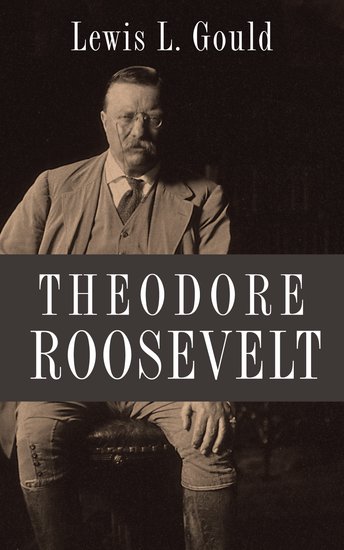Theodore Roosevelt becomes President, 14 September 1901
By Lewis L. Gould
Theodore Roosevelt became President of the United States upon the death of William McKinley in the early morning of 14 September 1901. An assassin had fatally wounded McKinley eight days earlier. Vice President Roosevelt took the presidential oath at a friend’s home in Buffalo, New York, hurried to Washington for a brief Cabinet meeting.




